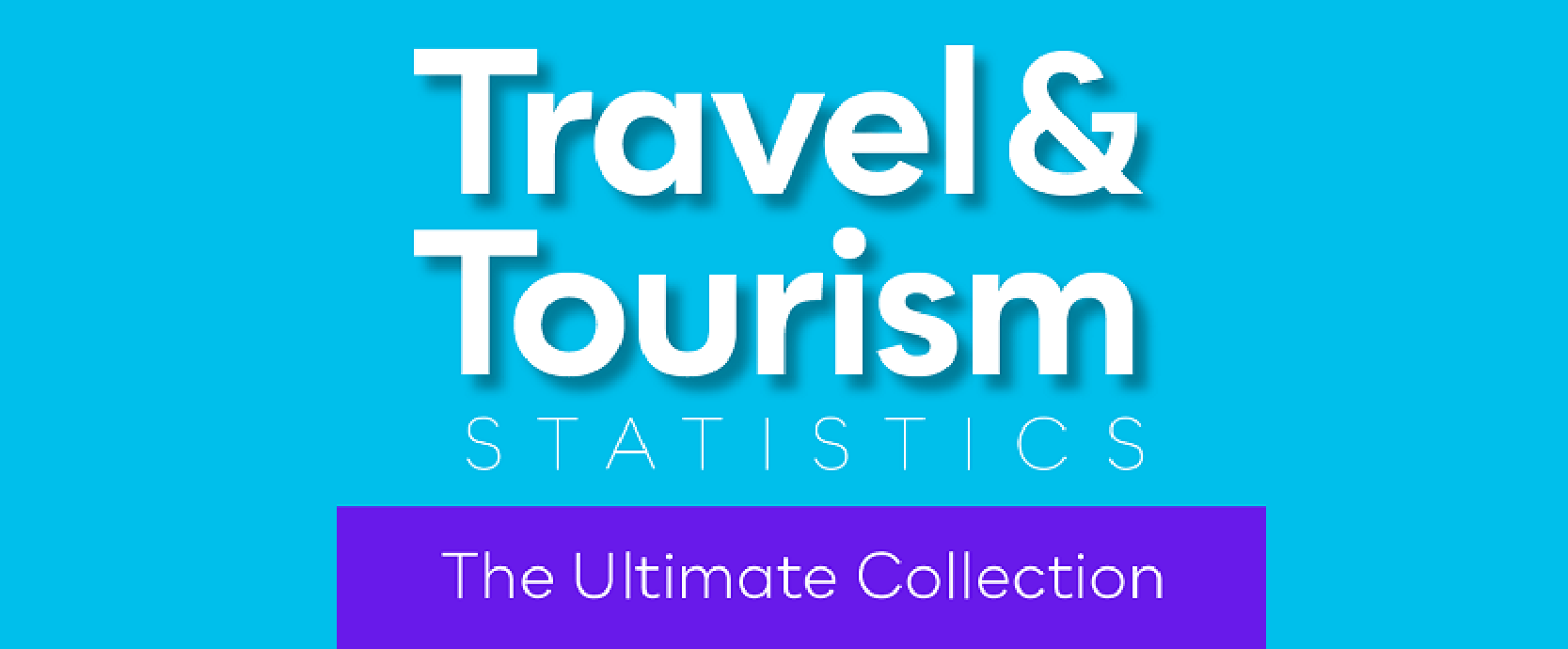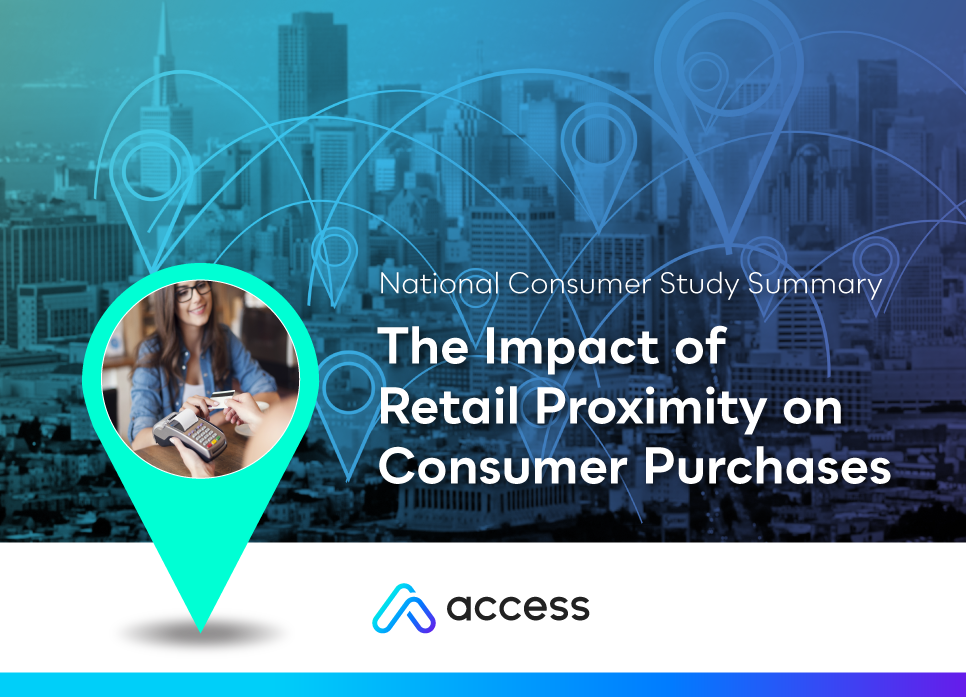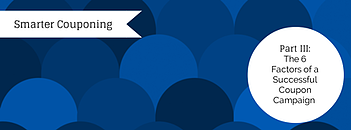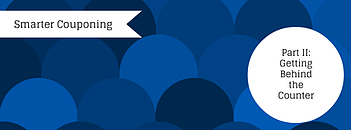Smarter Couponing: Why Coupons Are Here to Stay
It’s recently become fashionable among certain retail pundits to be anti-coupon. The speedy rise and collapse of daily deal providers, combined with merchant blowback from Extreme Couponing, have made it cool to bash the venerable discount.
“Coupons can’t create loyal customers,” they say. “People will only return to your establishment when you’re running a deal.”
There is some truth to those statements. Couponing is a delicate balance that requires a strategic focus and specific goals for success. It’s a tool that, when used effectively, is a catalyst to great success. When used improperly or recklessly, deals can do serious damage to a bottom line.
And yet, "anti-couponism" isn’t going to help many retailers. What the industry needs are smarter coupons.
The Case for Coupons
Studies show that discounts are a major factor in how consumers make purchase decisions.
- 92% of consumers use coupons, 60% use printable coupons (RetailMeNot)
- Households with incomes of $100,000 or more are twice as likely to use coupons as those earning >$35,000. College degree holders are also twice as likely to use coupons as those who did not graduate from high school. (Coupons.org via CNBC)
- 102.5 million people will expected to redeem a digital coupon in 2013 (eMarketer)
- 10 billion coupons were expected to be redeemed through mobile and tablet devices in 2013 (Juniper)
*Check out the Access collection of coupon stats*
The sagging economy of recent years has conditioned consumers to become more price- and value-conscious. Only 25% of consumers consider themselves loyal to brands (Ernst & Young) while worldwide, 65% report price as their primary purchasing factor (Nielsen). It’s even more drastic among millenials: 80% of them reach for the lowest price and 60% have no problem purchasing a different brand if it’s cheaper than their preferred brand.
Saving money crosses generational and financial boundaries, and isn’t going away anytime soon. Like it or not, coupons capture consumer attention. Everyone loves getting a deal, and oftentimes, businesses love to give people that deal. But they must do so wisely.
The Coupon Drug
Consider the case of JCPenney. In 2012 the retailer opted to abandon coupons and instead focus on an everyday value strategy alongside an enhanced in-store experience. The retailer lost over $4 billion and saw its stock price cut in half over the course of the next year. They’ve since reverted back to focusing on sales and coupons.
“Coupons were a drug,” CEO Ron Johnson said at the time of the shift away from coupons. “They really drove traffic.” Johnson has since resigned, and the retailer issued a public apology, asking customers to come back with coupons in hand, in early May 2013.
Johnson’s statement is accurate: coupons are a drug for merchants and consumers. People are habituated to look for deals, and those deals will shape where they spend their dollars. But some merchants become over-reliant on coupons, to the point where consumers won’t come in the door without one in hand.
The fact is that certain drugs, taken in moderation with the advice of a doctor, are good for you. Businesses just need better diagnoses about what what ails them and how coupons can (or can’t) help. Many simply default to a flat 50%-off deal, available to everyone, and good for months at a time. And while a deep discount like that is great for drawing a crowd, it’s likely not profitable long-term due to the crippling effect on the retailer’s pricing structure.
Click here to read part two: How smart marketers are getting behind the counter of merchants to create win-win deals.
Topics: Customer Incentives, Mobile Coupons, Merchant Discount Network, dave bona, Access Development, coupon statistics, coupons, customer loyalty

Written by: Dave Bona


.jpg)

.jpeg)






Share your Comment.